

|
| Search | Car Forums | Gallery | Articles | Helper | AF 350Z | IgorSushko.com | Corporate |
|
| Latest | 0 Rplys |
|
|||||||
 |
 Show Printable Version | Show Printable Version |  Email this Page | Email this Page |  Subscribe to this Thread
Subscribe to this Thread
|
|
|
Thread Tools |
|
|
#1 | |
|
Geo Metro Lover
 Join Date: May 2005
Location: Eastern Washington State, Washington
Posts: 1,622
Thanks: 0
Thanked 0 Times in 0 Posts
|
Power vs Altitude and Cold Air
As I usually do, I smoke a Cigar and think while driving home (45 minutes elapse).
Got to wondering about why my Metro is getting so weak - I have to downshift to 4th just going up minor inclines this winter. I am usually bucking a 30 mph headwind also - open wheat country. Here in Spokane, WA we are at 2,000 ft altitude and I go up another 500 ft driving home to the small town I live in. Anyone who has driven to the mountains on vacation knows what happens to engine power as one ascends in altimitertude.  I will get out my trusty calculator and do some calculations with PV/T and PV=nRT Gas Law equations to finger out what loss of O2 to expect going from Sea Level to Spokane (assuming just pressure loss), but - I was wondering if anyone has any data or thoughts on Power vs Altitude for these little 3 cyl, 1 liter engines in a Metro. Are they better or worse than six's and eight's with power drop off as the pressure drops off? Given the 50 degree F temp drop this winter, I am loosing a lot of power and mpg's.... Add to that a 2,000 to 2,500 ft altitude, I must be losing on Hell of a lot of power. Ahhh'l be Baaack with the calc's soon. DoctorBill
__________________
|
|
|
|

|
|
|
#2 | |
|
AF Regular
 Join Date: Apr 2007
Location: el rio, California
Posts: 100
Thanks: 0
Thanked 0 Times in 0 Posts
|
Re: Power vs Altitude and Cold Air
enjoy your considerations .... cigar or otherwise.
i've been in some very high country ... well over 10000' often ... and rarely noticed the power drop significantly. it always felt like other factors predominated ..... wind, slope, load, etc.. i thought, and was impressed, that the computer and sensors that the metro designers had developed had become so sophisticated and widely functional. a thoughtful mechanic here in so cal has said that the winter formulaton of gasoline is so different from summer that power / mpg is less predictable. don't know if they do that in wa too. nice photo. stopped by at m.s.h. on my way to alaska .... first long trip after i got the metro so many years ago. i recently sent you an email asking how to post photos ... i couldn't find a way to make attachments in the reply area. from your notes, i know you keep the engine systems up to par so you're probably making a controlled observation. pressure / temp relations are situationally complex indeed .... cold dense air helps a bit. will be interested in your calcs / responses. '91 w/300k .... slowly deteriorating ..... like me. |
|
|
|

|
|
|
#3 | |
|
AF Regular
Join Date: Oct 2007
Location: Hamilton, Michigan
Posts: 155
Thanks: 0
Thanked 1 Time in 1 Post
|
Re: Power vs Altitude and Cold Air
Doc,
On mpg's I feel your pain. I live in Michigan and it's currently (holy cow! 39.8 right now! up from 19!!) And when I got my metro in the beginning of October, I was getting 48-49 mpg's and the last two tanks were high 41's. But I know from drag racing (mustangs) you wanted cooler air. Engines made more hp. Maybe it's the winter gas for lack of power as well as your altitude. But I know my 01 Silverado only loses about 1 mpg sometimes none with this cold weather. I know in drag racing, when they post 1/4 mile times, often they will correct it to sea level. Higher altitudes rob hp. And assuming that your in WA and....assuming you are using winter gas as well, you could be suffering some serious power loss as well as mpg's. With a 55 hp engine you can't afford to lose any! 
__________________

|
|
|
|

|
|
|
#4 | |
|
AF Regular
 Join Date: Jun 2004
Location: Boulder, Colorado
Posts: 152
Thanks: 0
Thanked 0 Times in 0 Posts
|
Re: Power vs Altitude and Cold Air
Whether it's actually so or not, altitude & low temps certainly make a 55 hp 1.0 3-cyl. *feel* like it has less power, more so than a 6 or 8-cyl.
I live at ~5,300 ft and always need to use 3rd to keep speed on long hills in my Geo. The two overdriven higher gears (4th and 5th) have never cut it in those situations, irrespective of the seasonal temps. The only means I know of to overcome a power-loss at altitude, is to compensate by forcing more (of the thin) air into the engine with a turbo. My TDI laughs at hills as it just delivers more boost when required, even at the point on I-70 where it crosses the Continental Divide (11,158 ft). I've never owned a normally-aspirated gas 4-cylinder that could do that.
__________________
1999.5 Golf 1.9 l TDI, 5 spd., 154k mi., Panzer Plate, B20, FrostHeater 2007 Passat 2.0 l TFSI, Auto, 83k mi. |
|
|
|

|
|
|
#5 | |
|
AF Newbie
 Join Date: Jul 2007
Location: Bend, Oregon
Posts: 84
Thanks: 0
Thanked 0 Times in 0 Posts
|
Re: Power vs Altitude and Cold Air
DoctorBill,
You just need an extra cylinder. If you ever get a chance to trade that car for a 1.3L Swift, take it. If you drive a 1.3 like a 1.0 you'll get similar mileage. When you want more power, it's available at the cost of a few teaspoons worth of gas. Crusing at 60 mph I get just over 50 mpg, at 80 it drops to 42 mpg. Q |
|
|
|

|
|
|
#6 | |
|
Geo Metro Lover
 Join Date: May 2005
Location: Eastern Washington State, Washington
Posts: 1,622
Thanks: 0
Thanked 0 Times in 0 Posts
|
Re: Power vs Altitude and Cold Air
This may bore many folk, but here are some calculations....
Using data from the following NASA calculator, http://www.grc.nasa.gov/WWW/K-12/airplane/atmosi.html and assuming air is 20% Oxygen Gas at Sea level, one liter of air at 14.7 PSI (1 Atm) and 14.4 °C (58 °F) contains the following mass of Oxygen Gas: PV = nRT ……… n = PV / RT = moles of gas. where P = pressure in Atmospheres, Volume is in Liters, T is in Kelvin degrees and R is the Gas Constant (0.0821 L•Atm/mole•°K). 1 Atm = 14.7 PSI = 29.9 in mercury = 760 mm mercury = 760 TORR = 101.3 Kpa Degrees K = 273 + °C ……… so 14.4 °C = 287.4 K° I will correct any data to 58 °F in the following calculations. n = 0.0424 mole of Air which times 0.20 => 0.00848 mole of OXYGEN GAS per liter of Sea Level air @ 58 °F which times 32 g/mole of OXYGEN GAS is 0.271 gram of OXYGEN GAS per liter of air at Sea Level. According to the P vs Altitude calculator, at 2,000 ft altitude (Spokane, WA), the pressure drops to 13.66 PSI (0.929 Atm) and ) 51 °F or 10.6 °C (283.6 K°). Using P1V1/T1 = P2V2/T2 , correcting back up to 58 °F, one liter becomes 1.013 Liter, (multiply by 0.987) to correct for temperature increase over NASA data. Using PV = nRT again, one liter of air contains n = (0.929)(1) / (0.0821)(283.6 K°) = 0.0399 moles of air or 0.00798 mole of Oxygen Gas (0.255 gram Oxygen Gas). But at 58 °F, this becomes 0.252 grams Oxygen Gas per liter of air at 2,000 ft altitude. Now using the NASA Calculator, for 2,500 ft altitude (where I live south of Spokane): Pressure drops to 13.42 PSI (0.913 Atm) and 50 °F or 10 °C (283 K°) Calculating as above, I get 0.0393 moles of air or 0.00786 moles of Oxygen Gas (0.251 gram Oxygen Gas) which corrected to 58 °F is 0.247 gram of Oxygen Gas per liter of air at 2,500 ft. Summarizing: At the same temperature of 58 °F – per Liter of available Air - Altitude..........grams O2.........% loss Sea Level........0.271 g............ (--) 2,000 ft..........0.252 g...........7 % loss 2,500 ft..........0.247 g...........8 % loss 9,000 ft..........0.194 g...........28 % loss ! - going over some mountain passes! DoctorBill
__________________
Last edited by DOCTORBILL; 12-21-2007 at 01:08 AM. |
|
|
|

|
|
|
#7 | |
|
AF Regular
 Join Date: Apr 2007
Location: el rio, California
Posts: 100
Thanks: 0
Thanked 0 Times in 0 Posts
|
Re: Power vs Altitude and Cold Air
this hippy says ...... thanks drbill .... elegant! .....not boring at all.
as i understand it, the computer senses various temperatures, rich / lean mixtures, etc. and compensates. the degree to which it's correctable i'm not sure ..... and your terrific calcs demonstrate the range of good engineering that small engined, contemporary cars must exhibit vs the "old 'merican iron". the variable engine timing, i'd suggest, becomes a / the critical component. if i'm in the right gear for the situation, my metro has almost never 'pinged' .... mostly when i'm distracted and sloppy with the clutch. thousands of mtn passes conquered, the overlap in 3-4-5 gears is remarkable imo. wonder if anyone living at high altitude has dyno records? ethically, morally, hedonistically, and socially challenged / challenging ...... '91,1.0l,5sp, 300korig ..... slipslidin' away. |
|
|
|

|
|
|
#8 | ||
|
AF Newbie
 Join Date: Nov 2007
Location: DALLAS, Texas
Posts: 74
Thanks: 0
Thanked 0 Times in 0 Posts
|
Re: Power vs Altitude and Cold Air
Quote:
interesting results though. i'd love to see some controlled experiments using a dyno at different altitudes. then again, i know there are some correction factors for this...would be interesting to see. |
||
|
|

|
|
|
#9 | |
|
Geo Metro Lover
 Join Date: May 2005
Location: Eastern Washington State, Washington
Posts: 1,622
Thanks: 0
Thanked 0 Times in 0 Posts
|
Re: Power vs Altitude and Cold Air
The NASA web site calculator gave the temp drop at different altitudes.
I corrected them (correctly I hope) to all the same temp - 58° F so that as much as possible would be equal. The displacement of the pistons when drawing air into the cylinder cannot be "compensated for" by any computer. The computer can add or detract from the fuel (injector pulse length) or advance or retard the spark only. Only so much Oxygen Gas (O2) can get into the mixture at different altimitertudes. A Liter is a Liter, whatever it holds. Try breathing while hiking over Goodale Pass in California's Mountains...10,960 ft. carrying a 60 lb backpack....huffing and puffing every 3 steps! I did that twice in my yoot! Don't forget the SALT TABS! http://www.brainygeography.com/featu...odalepass.html   Anyway - here where I live, I have 8% less O2 than sea level and a 50 °F temp drop in winter (sometimes 70 °F !) and bad headwinds. My little Phoenix works hard! Ya got's ta love that little bugger! DoctorBill
__________________
|
|
|
|

|
|
|
#10 | |||
|
AF Newbie
 Join Date: Nov 2007
Location: DALLAS, Texas
Posts: 74
Thanks: 0
Thanked 0 Times in 0 Posts
|
Re: Power vs Altitude and Cold Air
Quote:
Quote:
not sure whether these comments were in response to me. not sure if there was a point you were making or if you were just relaying information or...? |
|||
|
|

|
|
|
#11 | |
|
AF Regular
 Join Date: Apr 2007
Location: el rio, California
Posts: 100
Thanks: 0
Thanked 0 Times in 0 Posts
|
Re: Power vs Altitude and Cold Air
some amazing places in this world!
appreciate the 'stick to fundamentals' discipline. the lung comparison is apt to a substantial degree [analogously, high country backpacking 'makes it real' and apparent very quickly]. engines [for this purpose, like us] are basically air pumps. remember that their / our performance is also a function of time.... ie. the systemic 'increase in displacement' ... happens within / over a given time vs displacement per stroke. this 'displacement per time' is accomplished de facto by more engine revolutions / cycles per time [more breaths!]. gearing allows this 'on demand' breathing to be done within the engine design speeds [physical conditioning and metabolic / physiologic aptitudes are about as close as we get to unaided up hill 'gearing']. optimizing the fundamentals, the computer 'compensation' ..... governing mixtures, temperature, timing, and other? ....seems well integrated into otherwise unattainable, wide ranging performance / efficiency parameters. somewhat counter intuitively, lean mixtures can act to maximize engine output if managed closely. does the computer for instance, lean out the fuel input to compensate for less oxygen at altitude ..... opting for a better fuel / air mix with consequent better burn characteristics ..... instead of, as we might otherwise expect, to push in more fuel while adjusting timing probably in the other direction? in a contrary fashion, one of the 'old iron' fixes for high altitudes was a nominally 'controlled vacuum leak' .... stories of holes drilled in manifolds, etc. come to mind. my rarely used, big ol' 78 country squire has mysterious ports below the carb you wouldn't believe ... crude afterthought corrections for design flaws i think. the metro does some ported / unported intake air balancing if i remember correctly. the limit to purposeful 'vac leaks' is usually heat elimination .... back to carnot cycle ... but they might allow running very 'efficiently' and powerfully for a time. in a climb, i can imagine the computer initially 'leaning' the mixture [ie. matching appropriately the available oxygen] until a preset temperature / exhaust gas limit is realized and then a fuel cooled intake cycle / cycling would begin until a lower temperature limit was alternately reached ..... all co determined by gear / speed relations. there are limits to all of these variable possibilities and i don't know enough to say what is actually predominating but you got me thinking. i know that the metro idle for instance is controlled situationally by the computer / sensor system but i'm wondering now if the high rpm output is also tweaked up or down since it's a 'fly by wire' system .... ie. while the throttle may be 'all the way to the floor', the computer is still predisposed and managing toward a performance curve for a given set of conditions. re: 'small engined contemporary cars' ..... the thought was to contrast ecm cars overall with the generally crude buckets of the not so distant past [clearly there were wonderful exceptions]. ironically, and not meant as a particularly desirable example, the low compression early ford inadvertently made substantially less n.o.s and even met today's shameful cafe standards ... if i understand correctly. the increased output, combined with better relative fuel economy, of smaller displacement engines, 'fueled' the proliferation and duration of auto ownership and gross miles driven post gas-line, early '70's. those disparaged small engines were competing directly with an historical and marketing manufactured predisposition toward a chauvinistic 'mo-par'. eventually, even the big iron enjoyed the benefits of better management systems and no doubt the air is cleaner in cities generally and individual vehicles are less polluting than less 'contemporary' ones. 'modern' is a whole different can o' worms. the overall 'pumping' of hydrocarbons et al. into the biosphere however is up by an order of magnitude [depends on where the time line is drawn]. ecm, along with basic materials refinements imho [remember past cars / engines were often worn out at 30k], is specific [though not 'sufficient' for ....] to that proliferation. again imho, that went hand in hand with designed, profit seeking, economic / cultural displacements as well. in the vernacular .... qui bono? .... who benefits? not to parse too closely ..... there seems to be some interest once again in 8 cyl engines that function sometimes on 4 and 6 cyls ..... = variable displacement? haven't tried in a while but y'all still haven't told me the trick to attaching photos ....may be a good thing. a bit too categorical for my liking but ...... may have to change redpepe to redhippy ....... though i'm far more 'radical' than the chosen 'fish in a barrel' simplifications / icons .... red herrings as i see it. |
|
|
|

|
|
|
#12 | ||
|
AF Newbie
 Join Date: Nov 2007
Location: DALLAS, Texas
Posts: 74
Thanks: 0
Thanked 0 Times in 0 Posts
|
Re: Power vs Altitude and Cold Air
Quote:
|
||
|
|

|
|
|
#13 | |
|
AF Regular
 Join Date: Apr 2007
Location: el rio, California
Posts: 100
Thanks: 0
Thanked 0 Times in 0 Posts
|
Re: Power vs Altitude and Cold Air
thanks tengram,
i'll try the process shortly. i promised some photos of my trailer hitch system and will send others eventually. just remembered ..... i spent a wonderful star filled evening camped on goodale creek back in august ....owen's valley not at the pass ..... testing .... it appears that the photos are too large .... not sure how to edit..... 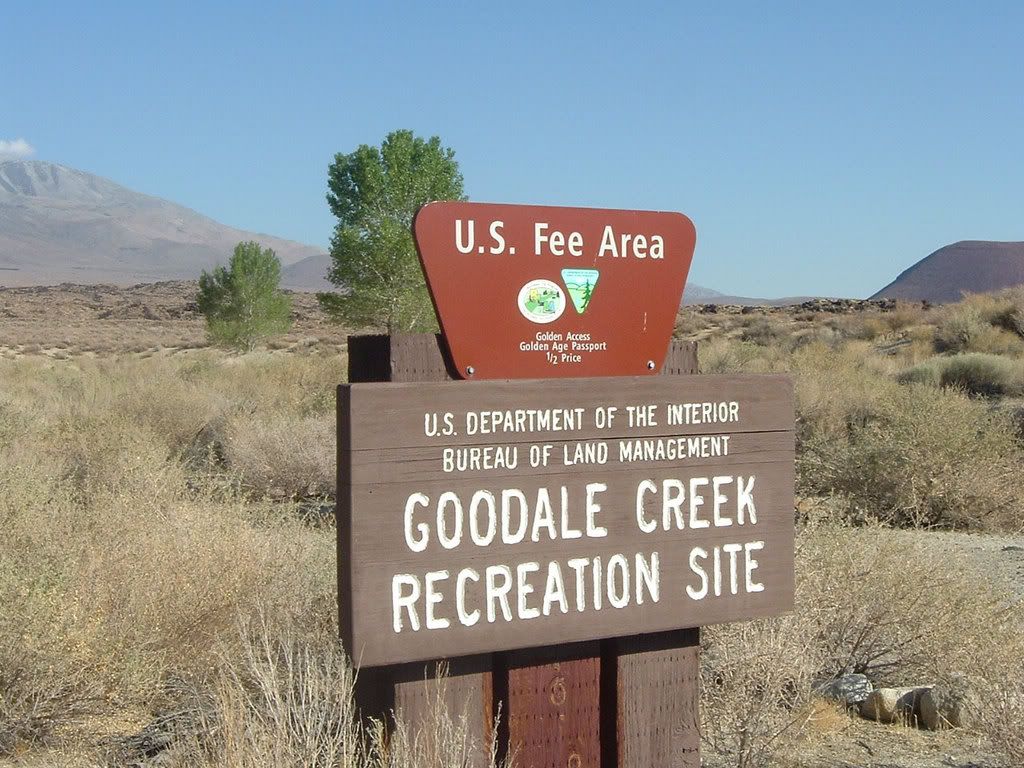 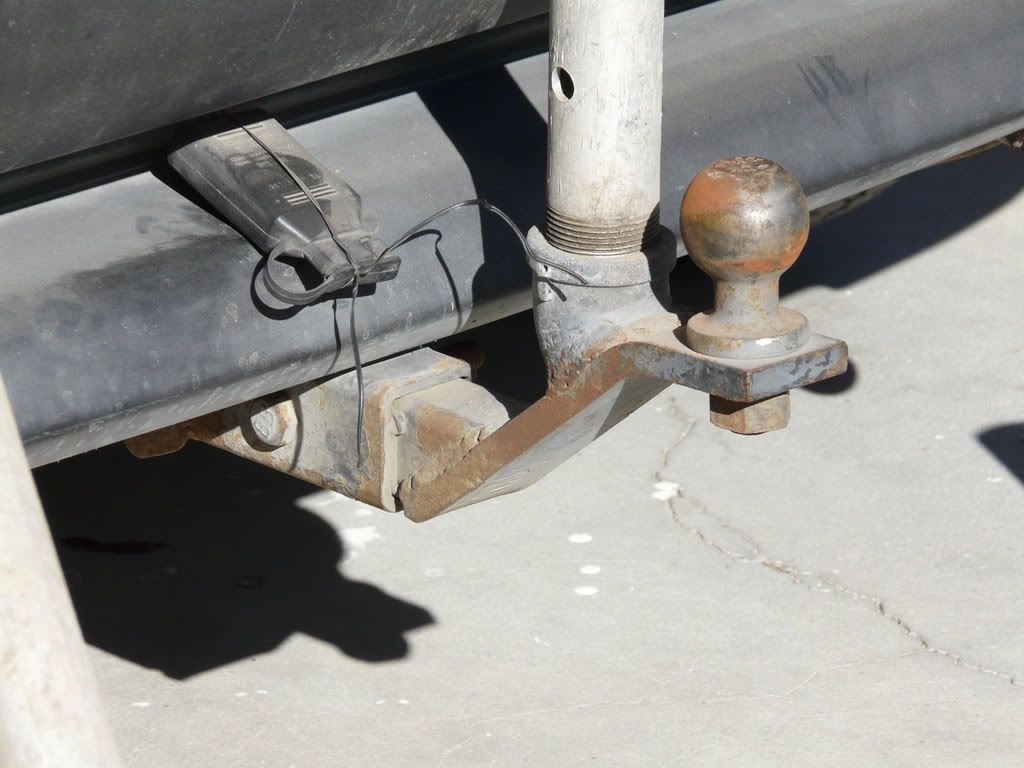 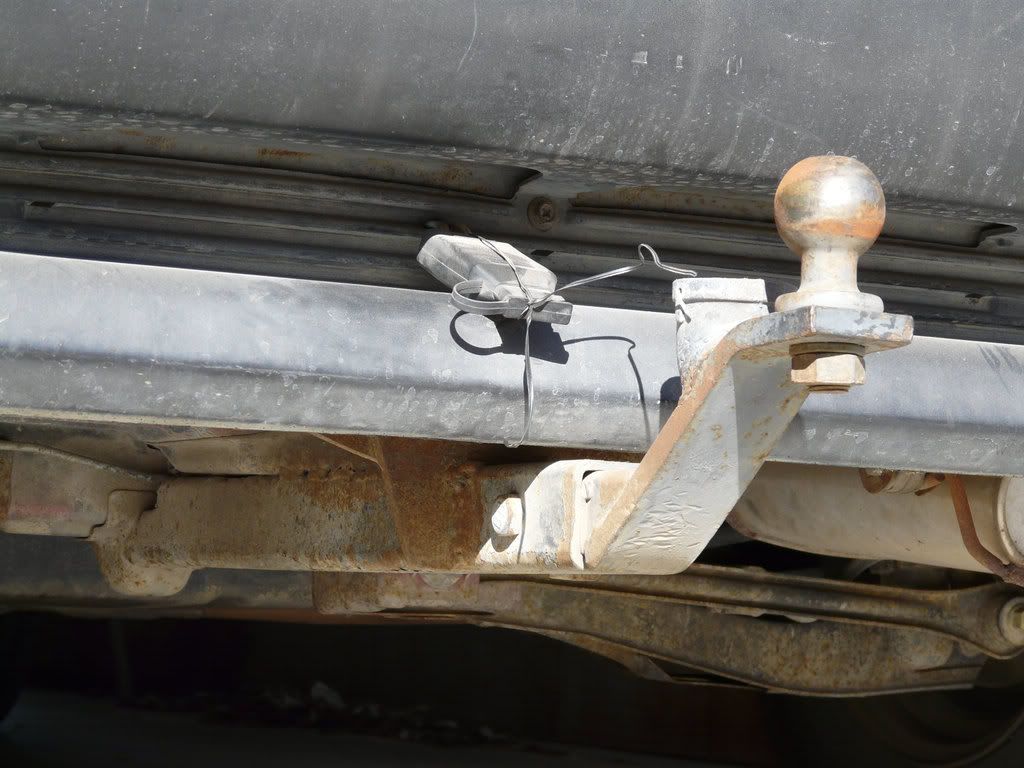 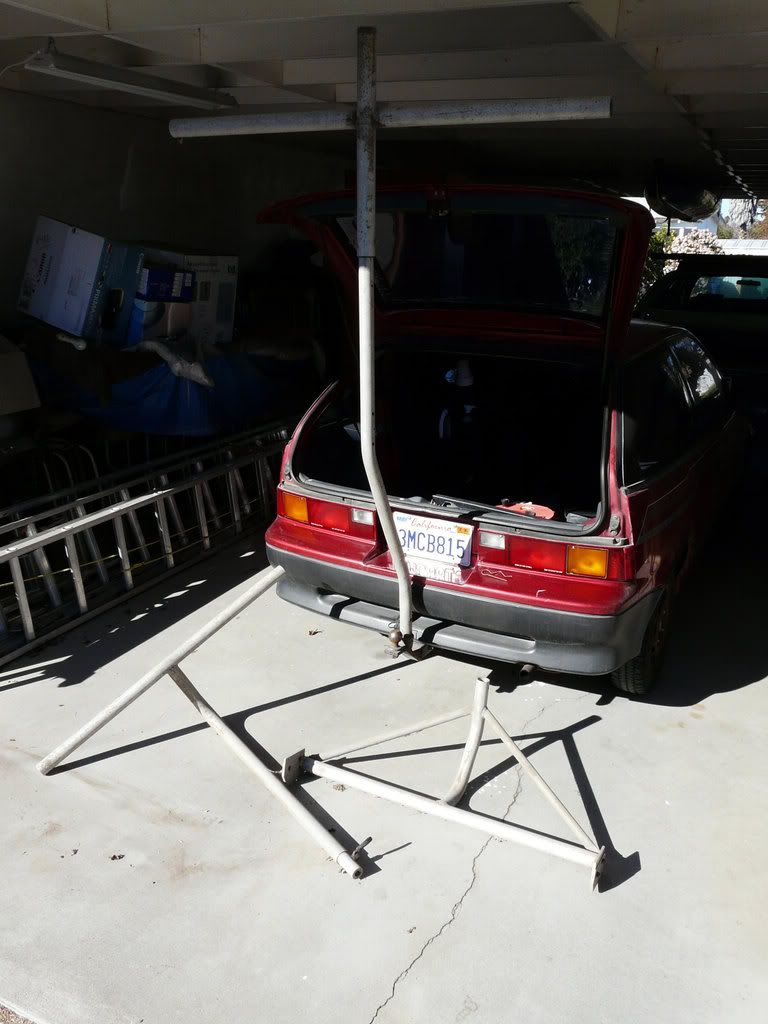 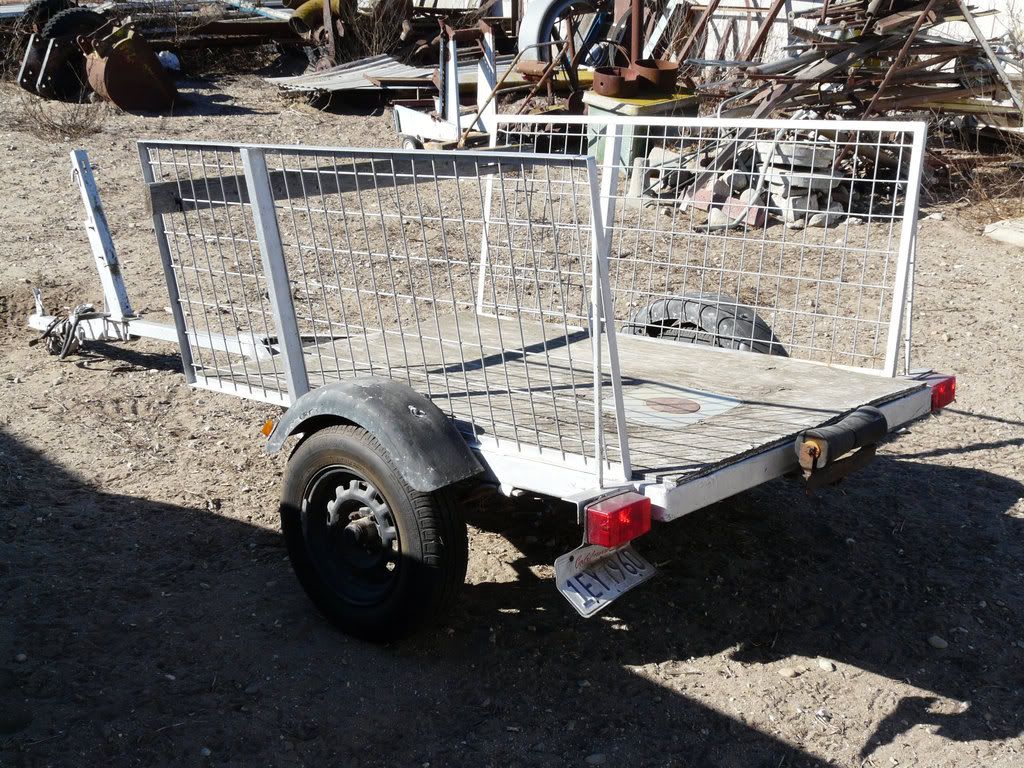 Last edited by redpepe; 12-24-2007 at 07:21 AM. |
|
|
|

|
|
 |
POST REPLY TO THIS THREAD |
 |
|
|